Top 10 Foods Highest in Alpha-Carotene
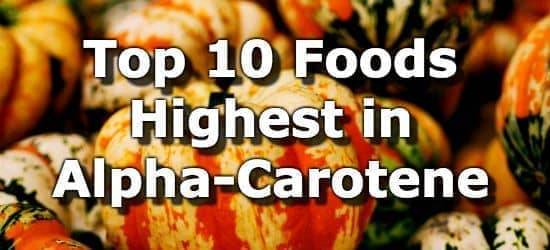
Like beta-carotene, alpha-Carotene is a precursor to creating vitamin A in the body.
Both alpha-carotene and beta-carotene are fat-soluble so they need to be consumed with fat to be absorbed efficiently in the digestive tract. (1)
The amount of active vitamin A in the body is measured in retinol activity equivalents (RAE). (2)
For every 24mcg of alpha-carotene you consume, the body creates 1mcg of RAE. (2) The daily value (%DV) for vitamin A is 900mcg of RAE. (3)
We calculate the daily intake target of alpha-carotene to be 24 times the daily value (DV) for vitamin A, which comes to 21600mcg (21.6mg) of alpha-carotene per day. If you were getting all of your vitamin A from alpha-carotene, then this is the amount that you would need.
In truth, it's not necessary to worry about meeting this target for alpha-carotene consumption. The goal is to get enough RAE in total, and other forms, such as beta-carotene, and vitamin A, also contribute to this total. The calculated RDA is simply a guide for comparing foods.
Foods high in alpha-carotene include orange vegetables like pumpkin, carrots, and winter squash. Other alpha-carotene food sources include tangerines, tomatoes, collards, napa cabbage, sweet potatoes, avocados, and bananas.
Below are the top 10 foods highest in alpha-carotene, for more, see the nutrient ranking of foods high in alpha-carotene.
List of Foods High in Alpha Carotene
-
 1. Pumpkin + Add
1. Pumpkin + Add
Alpha-carotene
per Cup CookedAlpha-carotene
per 100gAlpha-carotene
per 200 Calories6652mcg
(31% DV)2715mcg
(13% DV)27150mcg
(126% DV) -
 2. Carrots + Add
2. Carrots + Add
Alpha-carotene
per Cup CookedAlpha-carotene
per 100gAlpha-carotene
per 200 Calories5891mcg
(27% DV)3776mcg
(17% DV)21577mcg
(100% DV) -
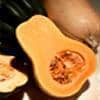 3. Butternut Squash + Add
3. Butternut Squash + Add
Alpha-carotene
per Cup CookedAlpha-carotene
per 100gAlpha-carotene
per 200 Calories2317mcg
(11% DV)1130mcg
(5% DV)5650mcg
(26% DV) -
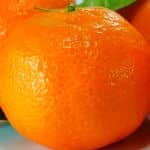 4. Tangerines + Add
4. Tangerines + Add
Alpha-carotene
per CupAlpha-carotene
per 100gAlpha-carotene
per 200 Calories197mcg
(1% DV)101mcg
(0% DV)381mcg
(2% DV) -
5. Tomatoes + Add
Alpha-carotene
per Cup CookedAlpha-carotene
per 100gAlpha-carotene
per 200 Calories150mcg
(1% DV)101mcg
(0% DV)1122mcg
(5% DV) -
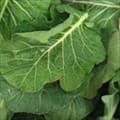 6. Collard Greens + Add
6. Collard Greens + Add
Alpha-carotene
per Cup CookedAlpha-carotene
per 100gAlpha-carotene
per 200 Calories129mcg
(1% DV)68mcg
(0% DV)412mcg
(2% DV) -
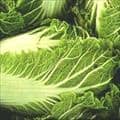 7. Napa Cabbage + Add
7. Napa Cabbage + Add
Alpha-carotene
per Cup CookedAlpha-carotene
per 100gAlpha-carotene
per 200 Calories53mcg
(0% DV)49mcg
(0% DV)817mcg
(4% DV) -
8. Sweet Potato + Add
Alpha-carotene
per Cup BakedAlpha-carotene
per 100gAlpha-carotene
per 200 Calories49mcg
(0% DV)43mcg
(0% DV)96mcg
(0% DV) -
9. Avocados + Add
Alpha-carotene
per AvocadoAlpha-carotene
per 100gAlpha-carotene
per 200 Calories48mcg
(0% DV)24mcg
(0% DV)30mcg
(0% DV) -
 10. Bananas + Add
10. Bananas + Add
Alpha-carotene
per Cup SlicedAlpha-carotene
per 100gAlpha-carotene
per 200 Calories38mcg
(0% DV)25mcg
(0% DV)56mcg
(0% DV)
From the Nutrient Ranking Tool
Use the ranking tool links below to select foods and create your own food list to share or print.
- Foods High in Alpha Carotene
- Foods Low in Alpha Carotene
- Vegetables High in Alpha Carotene
- Fruits High in Alpha Carotene
- Vegetarian Foods High in Alpha Carotene
- Breakfast Cereals High in Alpha Carotene
- Fast Foods High in Alpha Carotene
View more nutrients with the nutrient ranking tool, or see ratios with the nutrient ratio tool.
Related
Data Sources and References
- Ribaya-Mercado JD. Bioavailability of beta-carotene in humans Nutr Rev. 2002 Apr;60(4):104-10. doi: 10.1301/00296640260085831. 12002680
- National Library of Medicine - Dietary Reference Intakes for Vitamin A, Vitamin K, Arsenic, Boron, Chromium, Copper, Iodine, Iron, Manganese, Molybdenum, Nickel, Silicon, Vanadium, and Zinc.
- U.S.FDA - Daily Value on the New Nutrition and Supplement Facts Labels
Simplify Nutrition Tracking with MyFoodData!
Speedy Tools and Detailed Data FREEEasily analyze your meals to find the best foods for your goals.
✅ Use our recipe nutrition calculator and nutrition comparison tool.
✅ Access expert nutrition data tools and in-depth articles.
✅ Log foods and organize your recipes with a free account.


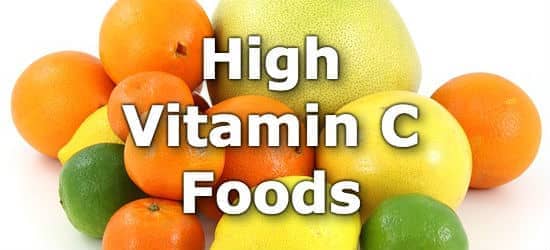 Next ➞
Next ➞
